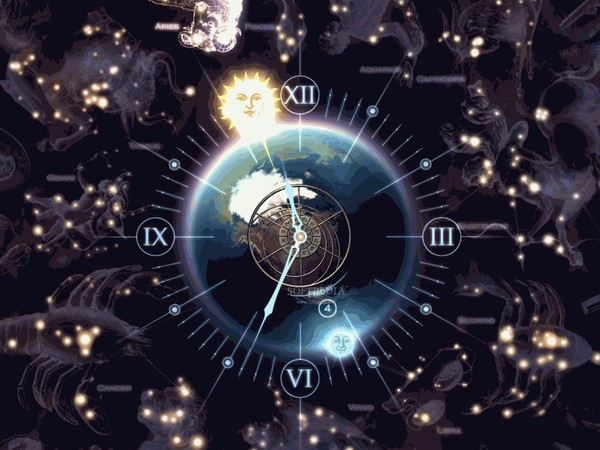The Earth will have 1 second more on June 30
Few people expected on June 30, the world will experience a minute lasting up to 61 seconds.
1 minute lasting 61 seconds?
On June 30, 2015, the whole world will experience a minute lasting 61 seconds. The reason for this strange event is to synchronize the time on the atomic clock with the Earth's rotation time because the Earth is rotating at a slower rate.

Earth takes 86,400 seconds to complete a 360-degree rotation around the spindle. However, the tilting position of the earth is affected by the attraction of the Moon , the Sun and the great tide on the oceans, keeping the rotation of time by a second.
The result is that Earth's time is slower than International Atomic Time (TAI) - using the vibrations of atoms to measure time with an accuracy of several trillion parts per second.
TAI is maintained by hundreds of atomic clocks in the world, calculating the vibrations in the atom of the cesium chemical molecule, dividing one second into 10 billion smaller parts. With such high precision, it takes up to 300 million years, new atomic clocks are 1 second slow.

With about 7.25 billion people on the planet, the one-minute event is not only 60 seconds but lasts up to 61 seconds, nothing significant, but for the scientific world, this phenomenon has a very important meaning.
Every time the time is given for a second, the computers in the world need to be adjusted manually - the operation is said to increase the risk of error. Data computers on Earth may not need to be as accurate as atomic clocks but still need to be highly accurate during internal times.
For high-precision systems such as satellites and some data networks, this redundancy must be taken into account, otherwise a calculation disaster will occur.

Since 1971, there have been 25 additional times, the last time it was done on June 30, 2012. Over the past 15 years, experts have been arguing over whether to or not. using atomic time because there is much more stability than astronomical time.
The issue of synchronization between computers on June 30, 2012 has also disrupted many Internet servers. However, if we do not continue to synchronize time, the connection between the concept of day and night and the rotation of the Earth can be interrupted forever. And on a scale of tens of thousands of years, most likely, we will have breakfast at 2 am.
- Earth experienced the hottest June in more than 130 years
- A meteorite approaches the Earth
- A 230m-diameter asteroid approaches the Earth
- The process of shattering asteroids into the Earth's atmosphere
- Aurora explodes after a magnetic storm
- Asteroids fly more than 61,000 km / h through the Earth's atmosphere
- June 20: Launching the world's first Blue-ray movies
- Two astronauts returned to Earth safely from the ISS station
- Was 'connected' to aliens?
- June 25: Dark day of aerospace
- Mars is approaching the Earth
- The decoding causes the record heat in Europe
 'Fine laughs' - Scary and painful torture in ancient times
'Fine laughs' - Scary and painful torture in ancient times The sequence of numbers 142857 of the Egyptian pyramids is known as the strangest number in the world - Why?
The sequence of numbers 142857 of the Egyptian pyramids is known as the strangest number in the world - Why? History of the iron
History of the iron What is alum?
What is alum?